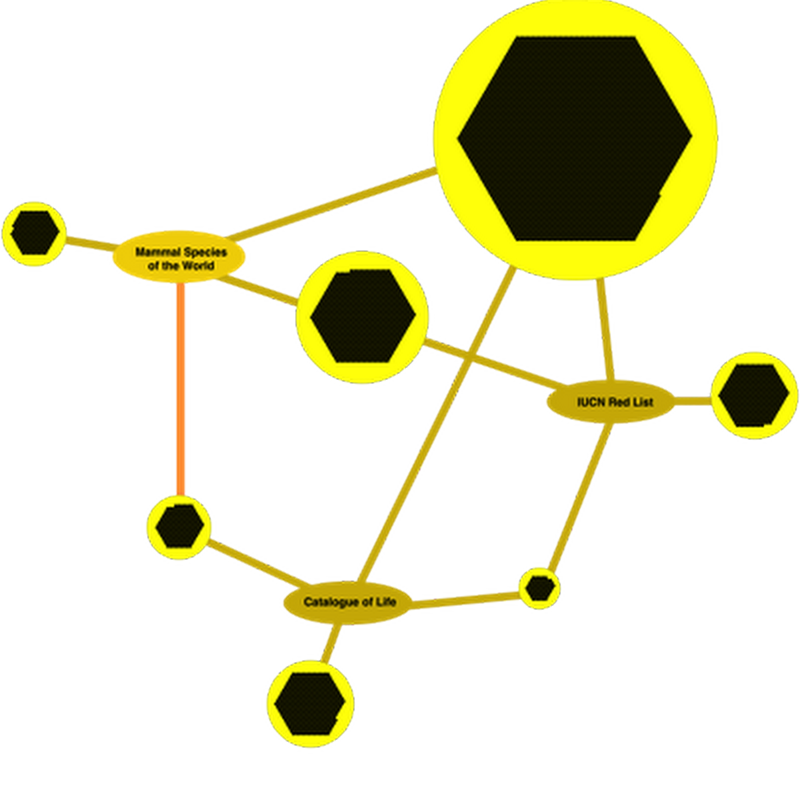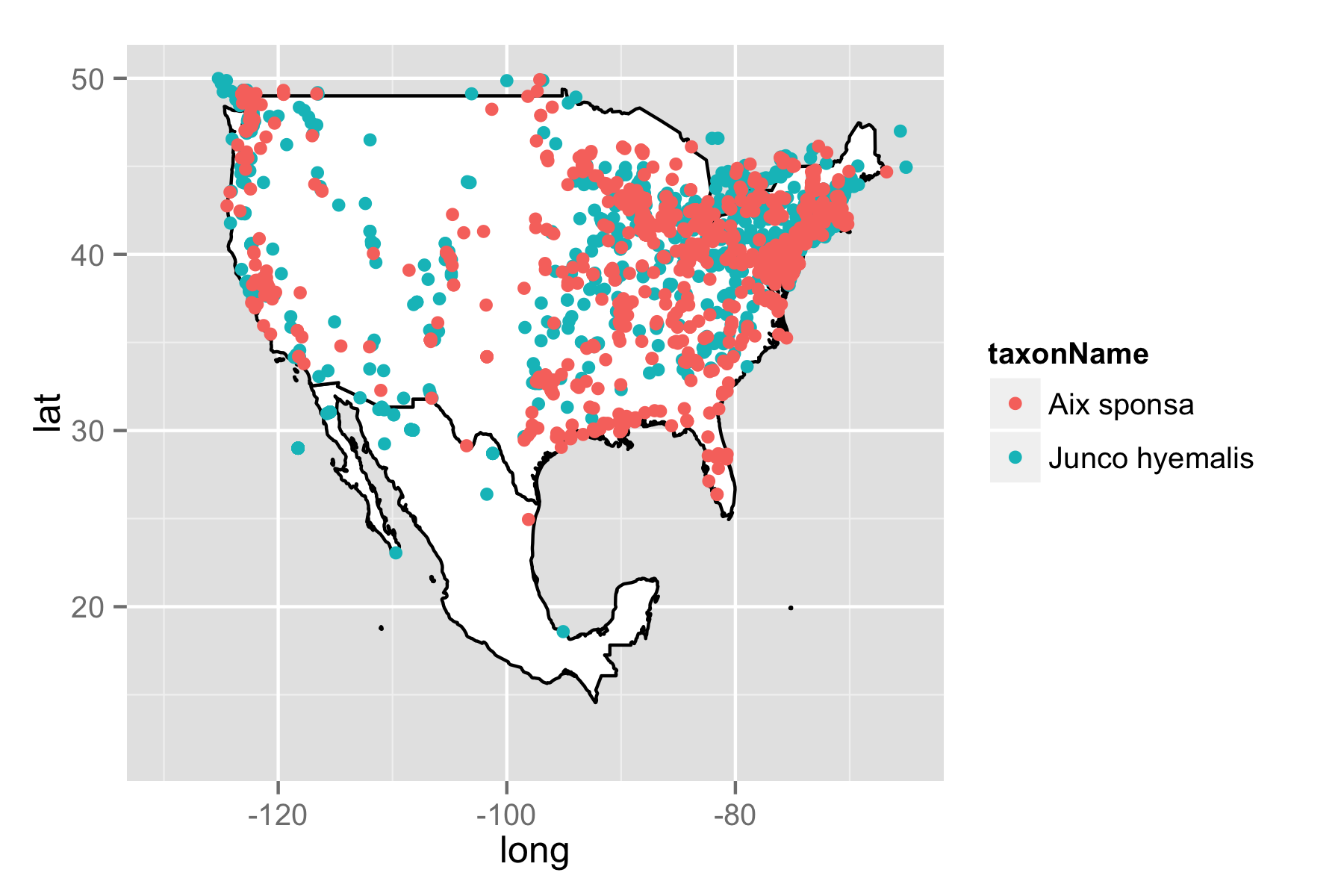I've recently been appointed Chair of the Science Committee of the Global Biodiversity Information Facility (GBIF) http://www.gbif.org [1]. The committee is a small group of people with a range of backgrounds, and one of our roles is to advise GBIF on matters scientific (e.g., what kinds of data GBIF should collect?, what kinds of scientific questions should GBIF help answer?, etc.). There have been formal surveys (see the papers in the journal
Postagens de Rogue Scholar

Wednesday saw the launch of the Global Biodiversity Informatics Outlook (GBIO), based in large part on the Global Biodiversity Informatics Conference (GBIC). The aim is to provide a framework for biodiversity informatics and its applications in the hope that the field will unite around a shared vision of where we are and what needs to be done next: There is a web site http://www.biodiversityinformatics.org/ with more details and links to

In some recent posts I've been exploring the quality of GBIF's taxonomic data. I've done some further analyses and decided to write this up in something more than a blog post. I'm writing a draft which you can see on GitHub. It tackles just one issue, namely what happens when you combine taxonomic names from multiple sources and don't know that some of those names are synonyms.

Continuing the theme of the failings of the GBIF classification I've been playing further with cluster maps to visualise the problem (see this earlier post for an introduction). Browsing through bats in GBIF I keep finding the same species appearing more than once, albeit in different genera.
GBIF is asking for views on how it should license of data in the GBIF network. The full consultation document is available from Google Drive and DropBox.

One of our primary goals at ROpenSci is to wrap as many science API’s as possible. While each package can be used as a standalone interface, there’s lots of ways our packages can overlap and complement each other. Sure He-Man usually rode Battle Cat, but there’s no reason he couldn’t ride a my little pony sometimes too. That’s the case with our packages for GBIF and the worldbank climate data api.
In browsing the GBIF classification in BioNames I keep coming across cases of wholesale duplication of taxa. I recently blogged about a single example, the White-browed Gibbon, but here's a larger example involving frogs.

One reason I built BioNames (and the related digital archive BioStor) was to create tools to help make sense of taxonomic names. In exploring databases such as GBIF and the NCBI taxonomy every so often you come across cases where things have gone horribly wrong, and to make sense of them you have to drill down into the taxonomic literature.

Bob Mesibov (who has been a guest author on this blog) recently published a paper on data quality in in ZooKeys : In this paper Bob documents some significant discrepancies between data in his Millipedes of Australia (MoA) database and the equivalent data in the Atlas of Living Australia and GBIF (disclosure, I was a reviewer of the paper, and also sit on GBIF's science committee). This paper spawned a thread on TAXACOM, and also came
Things are finally coming together, at least enough to have a functioning demo. It looks awful, but shows the main things I want BioNames to do. One thing I'm most concerned about at this stage is the possible confusion users might experience between taxon names and concepts.